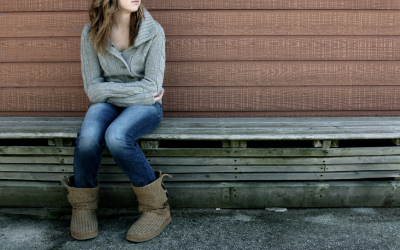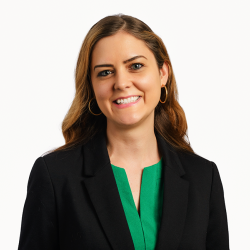Why Every Parent Should Have Naloxone (Narcan) in Their First Aid Kit
A growing number of American teens are using prescription pills to get high. New substance abusers ages 12 and older use prescription medicines more than any other illegal substance. In an effort to combat potential overdose, the Washington Department of Health (DOH) recently announced it will supply all public high schools across the state with naloxone, commonly known as Narcan. Alongside this initiative, parents can be proactive by openly discussing the dangers of opioid abuse with their teens and following these six preventive steps.

What parents can do at home to combat the opioid crisis
- Be a role model. If you don’t want your teens to abuse drugs, don’t misuse them yourself. If you have a drug problem, seek help.
- Keep track of your prescription medicines. Teens tend to take medicines from a friend or their home. Knowing the number of pills you have will allow you to monitor them for any loss.
- Keep your medicines in a secure place. Keep your medicines locked up, not in the bathroom or kitchen cabinet.
- Get rid of leftover medicine. This will decrease the opportunity for your teen or their friends to abuse these medicines. Ask your pharmacist about safe medicine disposal options in your area.
- Discuss the dangers of “pharming,” or mixing prescription medicines with other substances. Many teens who take prescription medicines for non-medical reasons combine them with other drugs or alcohol, greatly increasing their overdose risk.
- Always keep naloxone (Narcan) on hand. This prescribed medicine counters the effects of opioid medicines to prevent overdose deaths. Many pharmacies in Washington state now offer naloxone over-the-counter, without a prescription. For those who are experiencing barriers to accessing naloxone (such as transportation or stigma) and are residents of Washington state, free naloxone can be ordered online. To order online or find a pharmacy near you, visit the Washington State Naloxone Finder. To learn how to use naloxone, watch this video from the Centers for Disease Control and Prevention (CDC).
If you believe your child could be using prescription medicines for non-health reasons, talk with your child's healthcare provider or a mental health professional. They can help you get your child the help they need. With treatment and time, young people can recover from substance abuse and lead healthy, productive lives.









